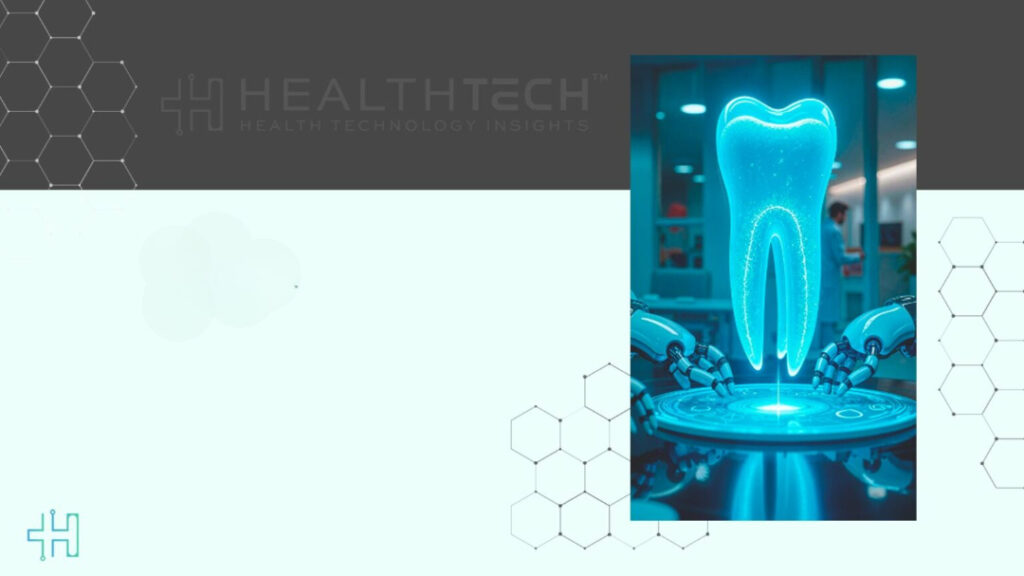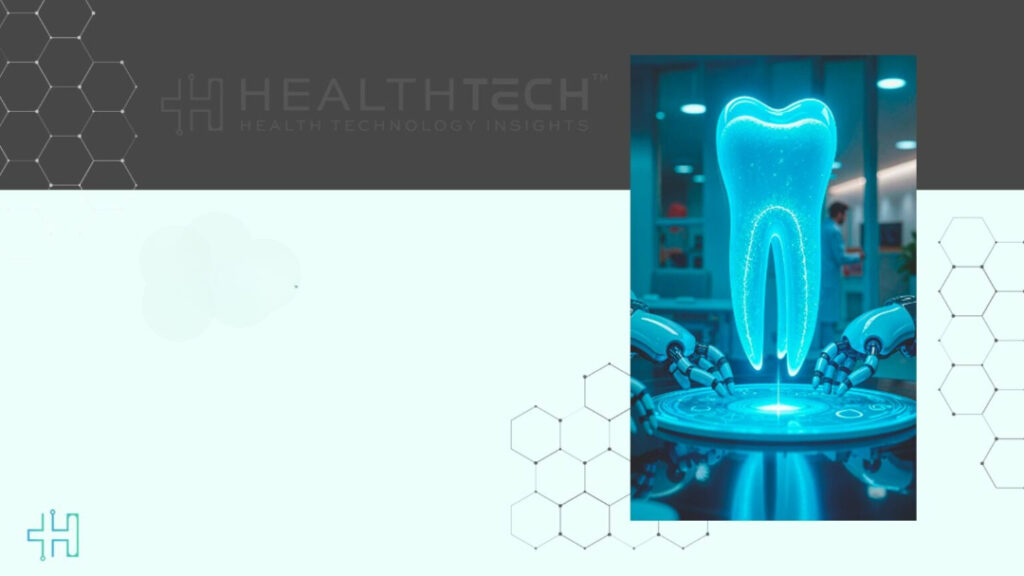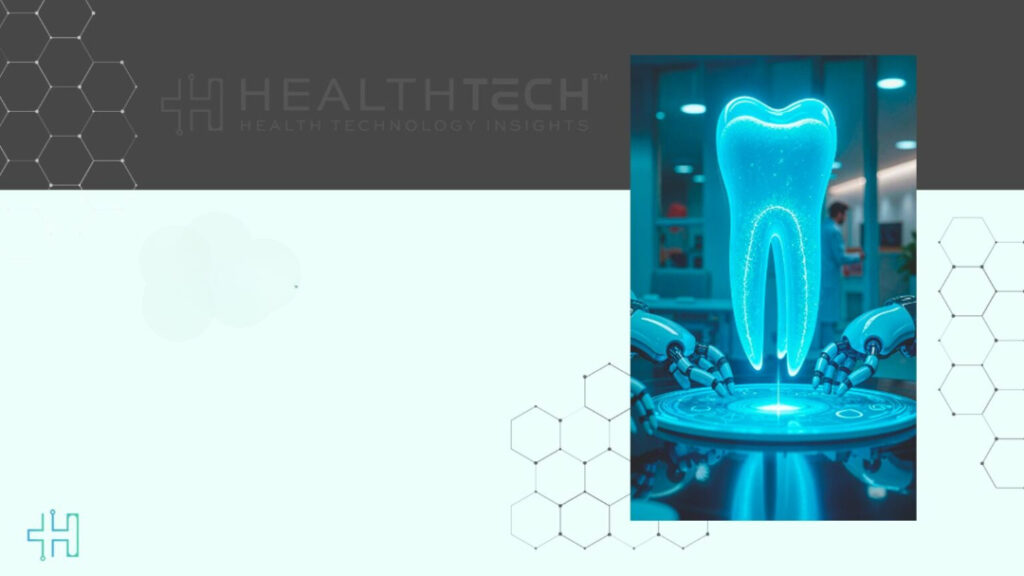Whether it’s a strange rash, brain fog, or sudden chest tightness, the search bar is often the first place Americans turn when they’re worried about their health. The most searched health conditions this year tell a compelling story about what’s really on people’s minds and what healthcare leaders need to be thinking about next.
The gap between online curiosity and effective care is one of the greatest opportunities in modern medicine. Let’s find out what Americans are searching for on Google and explore how evidence-based care and breakthrough technology are answering the call.
1. Influenza
Why it’s trending: With multiple waves of flu-like viruses overlapping with COVID variants, search volume for “flu symptoms” and “how long does flu last” spiked between October 2024 and March 2025.
Traditional treatment: Annual flu vaccine, antiviral meds (e.g., Tamiflu), rest, fluids.
Tech-based approach:
- mRNA-based flu vaccines tailored to real-time viral strain data.
- Smart thermometers and digital health apps like Kinsa track outbreaks.
- EHR-triggered vaccine reminders increase compliance by 20–25% in health systems using AI-enhanced outreach.
Hospitals using AI prediction models are now allocating beds and staffing based on local flu trend data, reducing ER congestion during peak periods.
2. Diarrhea
Why it’s trending: It’s not glamorous, but gastrointestinal distress remains a common search, especially after travel, food poisoning events, or viral outbreaks.
Traditional treatment: Oral rehydration therapy (ORT), BRAT diet, probiotics.
Tech-based approach:
- AI-powered symptom checkers help differentiate between mild and serious causes.
- Gut health trackers and microbiome tests like Viome are guiding personalized dietary corrections.
Did you know? Some digital health companies now offer stool test kits at home, analyzing gut microbiota for chronic issues like IBS or SIBO.
3. Respiratory Syncytial Virus (RSV)
Why it’s trending: Once considered a seasonal illness in kids, RSV has increasingly affected adults with weakened immunity. Search spikes followed the FDA approval of a new RSV vaccine in 2024.
Traditional treatment: Oxygen therapy, fever reducers, fluids, mainly supportive care.
Tech-based approach:
- Nirsevimab is a one-time monoclonal antibody approved for infants.
- Pulse oximeters now integrate with pediatric telehealth apps to monitor babies’ oxygen levels remotely.
Kaiser Permanente reported a 30% drop in RSV-related hospitalizations after adopting app-based remote symptom tracking for high-risk children.
4. Diabetes
Why it’s trending: Diabetes ranks consistently high among the most searched health conditions. Americans are asking about symptoms, blood sugar management, and reversal strategies.
Traditional treatment: Diet control, oral meds (metformin), insulin therapy.
Tech-based approach:
- Continuous Glucose Monitors (CGMs) like Dexcom or Libre are linked to mobile apps.
- Closed-loop insulin pumps that adjust doses based on real-time data.
- AI-driven coaching apps for lifestyle changes.
A pilot program using a fully automated insulin system showed a 1.2% improvement in A1c scores within three months.
5. Cancer
Why it’s trending: Cancer-related searches have risen post-COVID as people catch up on delayed screenings. Terms like “early signs of cancer” or “symptoms of breast cancer” were frequent.
Traditional treatment: Surgery, radiation, chemotherapy, and immunotherapy.
Tech-based approach:
- Liquid biopsies detect cancer via a simple blood test.
- AI-enabled radiology tools improve early detection accuracy.
- Virtual tumor boards streamline care decisions across facilities.
The Cleveland Clinic uses AI models to flag abnormal mammogram results for fast-track review, reducing diagnostic delays by 40%.
6. Cardiovascular Disease
Why it’s trending: It remains the No. 1 killer in the U.S. Americans are searching for warning signs, lifestyle changes, and new therapies.
Traditional treatment: Statins, blood pressure meds, lifestyle modification.
Tech-based approach:
- Remote cardiac monitoring patches send ECG data to cardiologists in real time.
- Digital coaching apps guide daily movement and nutrition.
- Smartwatches detect atrial fibrillation and notify users.
Apple Watch detected an irregular rhythm in a user who later underwent life-saving intervention. These wearables are now clinically validated for early intervention.
7. Obesity
Why it’s trending: The buzz around GLP-1 drugs like Wegovy and Ozempic made “weight loss drugs” one of the top health searches of the year.
Traditional treatment: Diet, exercise, and behavior therapy.
Tech-based approach:
- GLP-1 receptor agonists for medical weight loss.
- Smart scales integrated with coaching apps.
- Gamified wellness programs are increasing adherence.
One startup increased average daily activity among users by 40% just by incorporating AI-based motivational nudges and real-time goal tracking.
8. Mental Health And Suicide Prevention
Why it’s trending: With more people open to discussing anxiety, depression, and burnout, search volumes are rising steadily, especially among Gen Z and professionals.
Traditional treatment: Therapy, antidepressants, mindfulness practices.
Tech-based approach:
- AI-powered chatbots like Woebot for cognitive behavioral support.
- On-demand therapy apps like Talkspace and BetterHelp.
- Telepsychiatry platforms with real-time crisis response.
Studies show that text-based CBT has 60–70% comparable effectiveness to in-person therapy, making care more accessible.
9. Long COVID
Why it’s trending: Long COVID remains a mysterious, often misunderstood condition with a wide spectrum of symptoms, leading to rising online queries.
Traditional treatment: Symptom-specific care for fatigue, brain fog, and breathlessness.
Tech-based approach:
- Long COVID clinics offer multi-specialty rehab
- Wearables track HRV, sleep, and oxygen levels
- Personalized pacing strategies help patients avoid energy crashes
NIH-funded trials are evaluating immunomodulatory drugs and AI-predicted recovery patterns.
10. Measles
Why it’s trending: A resurgence in vaccine-preventable diseases like measles led to sharp search spikes after 2025 outbreaks in Texas and surrounding states.
Traditional treatment: Supportive care (no specific antiviral), Vitamin A supplements.
Tech-based approach:
- MMR vaccination campaigns powered by AI-targeted outreach.
- SMS alerts for parents in under-vaccinated zip codes.
- School-based vaccine drives with digital scheduling.
The CDC reported a 15% increase in MMR uptake in counties using digital reminders tied to school enrollment platforms.
Turning Questions Into Better Care
The most searched health conditions of 2025 are more than search trends; they’re windows into people’s health priorities, fears, and hopes. And for healthcare leaders, they offer a real-time map of where innovation can make the biggest impact.
Whether it’s AI in diagnostics, virtual therapy, or wearable-based chronic care, healthtech is rapidly bridging the gap between curiosity and clinical care. Let’s keep asking and innovating because behind every search is a person looking for help, and now, we’re closer than ever to giving it.
FAQs
1. What are the most common health concerns Americans search for?
As of 2025, the most searched health conditions include flu, diabetes, RSV, cancer, and mental health, showing seasonal trends and chronic disease interest.
2. How can technology help manage these health conditions?
Tech-enabled tools like wearables, AI diagnostics, virtual therapy, and smart medication reminders are transforming care delivery and outcomes.
3. Is it safe to trust online symptom checkers?
While not a replacement for doctors, clinically validated tools like Ada or Buoy offer guidance on urgency and care options, reducing unnecessary panic.
4. Why is long COVID still a concern in 2025?
Many individuals still experience lingering symptoms, and dedicated clinics are combining wearable data, rehab, and AI to personalize recovery paths.
5. How are vaccines evolving to meet public health needs?
From mRNA flu shots to RSV monoclonal antibodies, new platforms allow faster development, while digital campaigns boost awareness and access.
Keep reading on Health Technology Insights.
To participate in our interviews, please write to our HealthTech Media Room at sudipto@intentamplify.com







